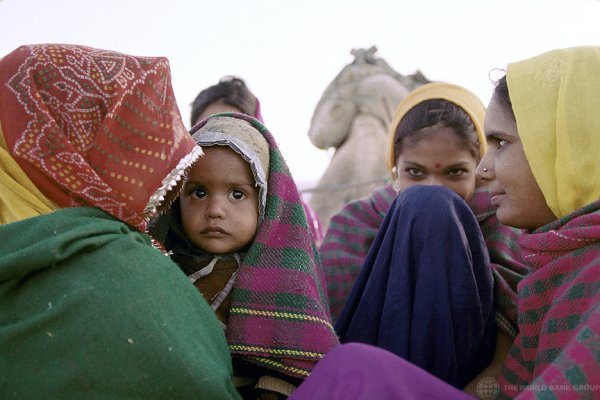Sustainable Development Agenda to be adopted in September
The 193 Member States of the United Nations have reached agreement on the outcome document that will constitute the new sustainable development agenda that will be adopted this September by world leaders.

The Sustainable Development Goals (SDGs) are a new, universal set of goals, targets and indicators that UN member states will be expected to use to frame their agendas and political policies over the next 15 years. The SDGs follow, and expand on, the Millennium Development Goals (MDGs), which were agreed by governments in 2000, and are due to expire at the end of this year.
The new Sustainable Development Goals will aim to eradicate hunger and extreme poverty, reduce inequality within and between states, achieve gender equality, improve water management and energy, and take urgent action to combat climate change.
Malaria is addressed in several areas within the list of 17 sustainable development goals and 169 actions. A key commitment within one of the SDGs is the aim to 'end the epidemics of AIDS, tuberculosis, malaria and neglected tropical diseases and combat hepatitis, water-borne diseases and other communicable diseases' by 2030.
More relevant to WWARN's research, the SDGs state that they will 'equally accelerate the pace of progress made in fighting malaria, HIV/AIDS, tuberculosis, hepatitis, Ebola and other communicable diseases and epidemics, including by addressing growing anti-microbial resistance and the problem of unattended diseases affecting developing countries.'
This will be significant step in tackling some of the world's health crises, including that of the growing threat of antimalarial and antimicrobial drug resistance.
Find out more about the declaration and the agenda on the Sustainable Development Knowledge Platform.

